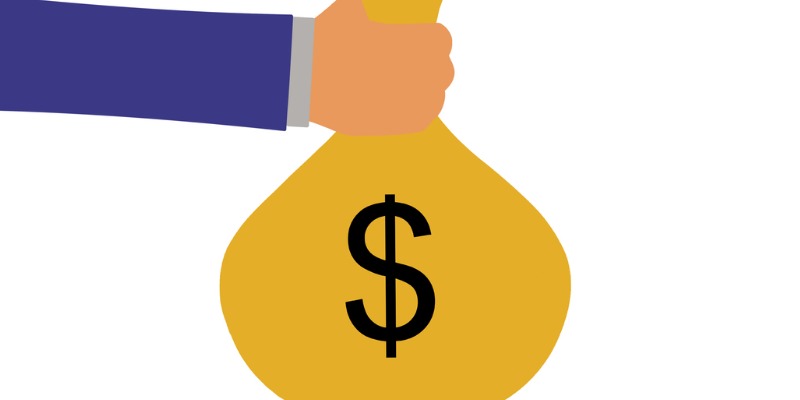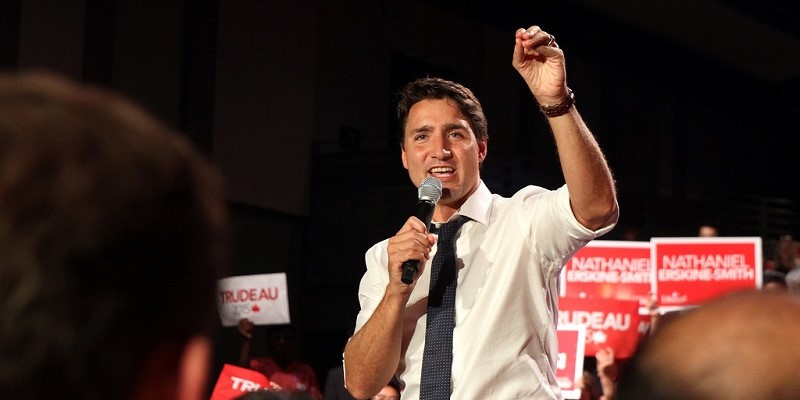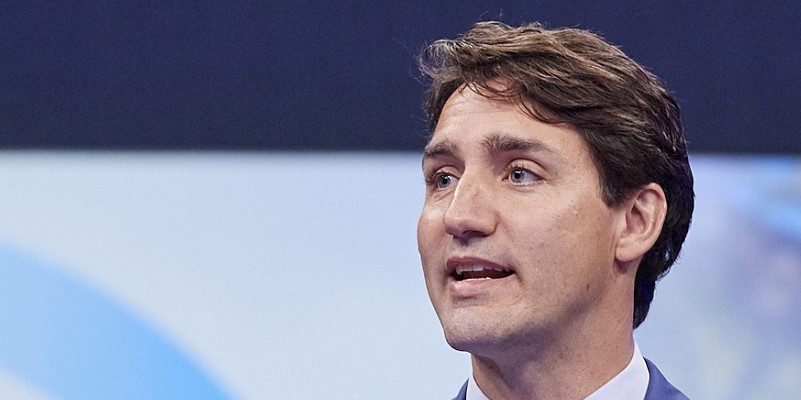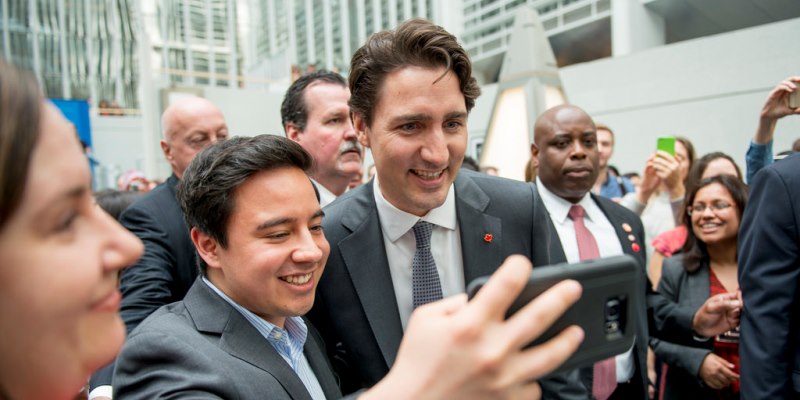In 2019, the Alberta government spent $2 billion on corporate welfare.
tax relief
The national debt will hit an estimated $713.2 billion this year.
Canada's economy is expected to grow by a tepid 1.6 per cent in 2020.
The government’s plan to increase the “basic personal amount” will cost nearly $7 billion annually.
Of the total amount of taxes paid, most (53.2 per cent) will go to the federal government.
The theoretical or “ideal” carbon-pricing system has never been implemented.
It doesn’t only matter how much taxes are cut, it also matters which taxes are cut.
Prime Minister Stephen Harper recently announced his government will introduce income splitting for tax purposes at an annual cost of roughly $2 billion.
"Some people will say this budget is boring," finance minister Jim Flaherty remarked after unveiling Tuesday's federal budget. A careful look, however, suggests the minister might be understating the future significance of his budget.
After running six consecutive deficits totaling $156.5 billion, Flaherty has been clear that balancing the budget in 2015-16 is his top priority. Budget 2014 reaffirms that commitment.
The 1990s was an economically dismal decade for British Columbia. The province effectively missed the prosperity party enjoyed by the rest of Canada due largely to poor economic policies. As a result, the province actually became a have-not province and a recipient of federal equalization payments.
We witnessed young, educated and skilled British Columbians leave the province for opportunities elsewhere and BC had the lowest per person GDP growth among the provinces between 1990 and 2000.





